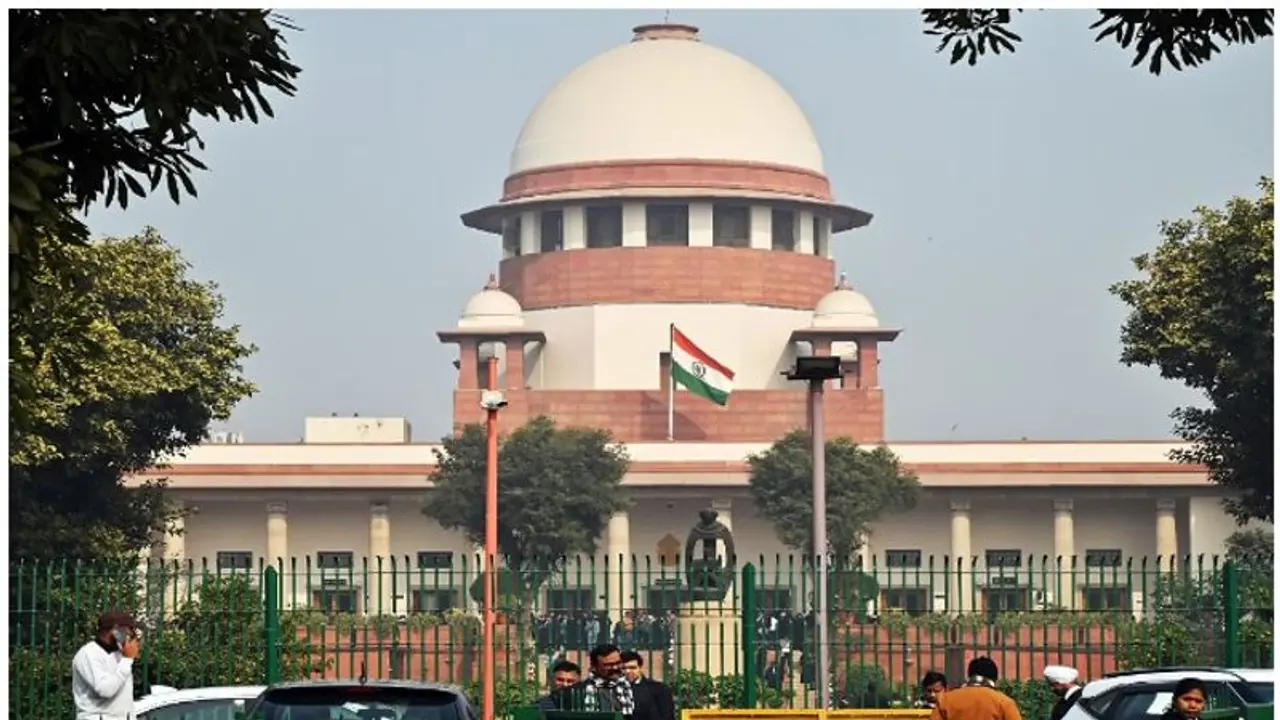Chief Justice Chandrachud agreed to issue notice on the petition and asked Venugopal, alongside Senior Advocate Jaideep Gupta, who is representing West Bengal in a similar case, to outline the key issues for the Court's consideration.
The Supreme Court on Friday (July 26) issued notices in response to petitions filed by the Kerala and West Bengal governments, challenging the actions of their respective governors in delaying assent to bills by referring them to the President. Both states allege that their governors have been holding onto eight bills for over a year without providing any reasons for the delay.

The bench, comprising Chief Justice DY Chandrachud, Justice JB Pardiwala, and Justice Manoj Misra, directed the Union of India, through the Ministry of Home Affairs, and the Additional Chief Secretary to Kerala Governor Arif Mohammed Khan to respond.
UNESCO declares Moidams of Ahom Dynasty in Assam as India's 43rd World Heritage site
Senior Advocate KK Venugopal, representing Kerala, stressed the urgent need for the Court to establish guidelines regarding when Governors can return or refer bills. Venugopal pointed out that, of the eight bills in question, two have been pending for 23 months, another for 15 months, and the rest for 10 months or longer. He argued that such delays compromise the Constitution's effectiveness and disrupt governance.
Venugopal requested the Court to clarify the circumstances under which Governors are allowed to refuse assent or refer bills to the President. Chief Justice Chandrachud agreed to issue notice on the petition and asked Venugopal, alongside Senior Advocate Jaideep Gupta, who is representing West Bengal in a similar case, to outline the key issues for the Court's consideration.
Kerala's writ petition, filed under Article 32 of the Constitution, challenges both President Droupadi Murmu's decision to withhold assent for four out of seven bills referred by the Kerala Governor and the Governor's action of referring the bills to the President. These bills involve amendments related to State Universities and Cooperative Societies, with Kerala contending that none of these bills require Presidential assent as they do not pertain to Centre-State relations.
Following the Supreme Court's notice on November 20 last year, the Governor referred the seven bills to the President. On February 29, 2024, the President withheld assent from the following four bills: the University Laws (Amendment) (No. 2) Bill, 2021; the Kerala Co-operative Societies (Amendment) Bill, 2022; the University Laws (Amendment) Bill, 2022; and the University Laws (Amendment) (No. 3) Bill, 2022.
